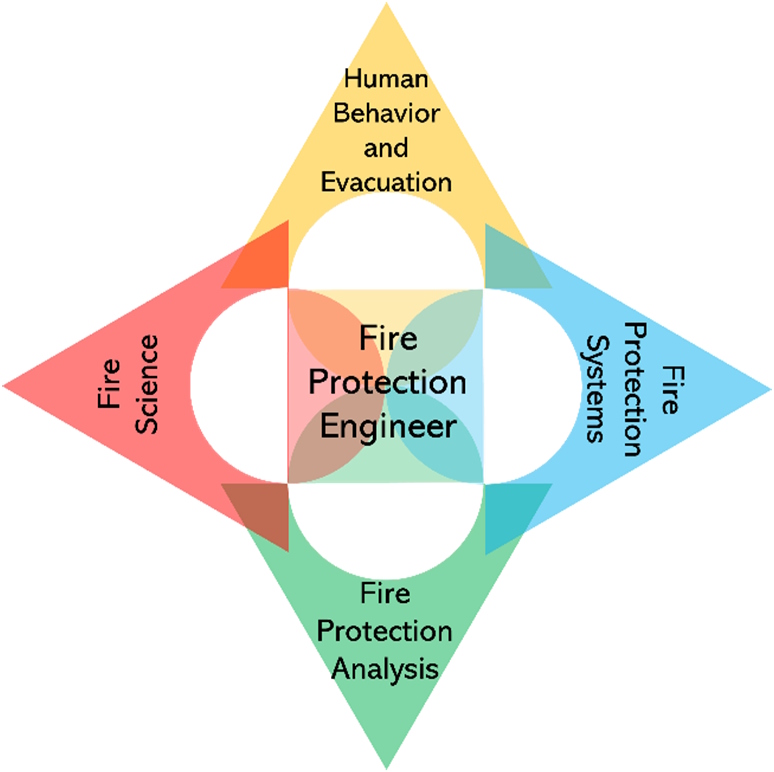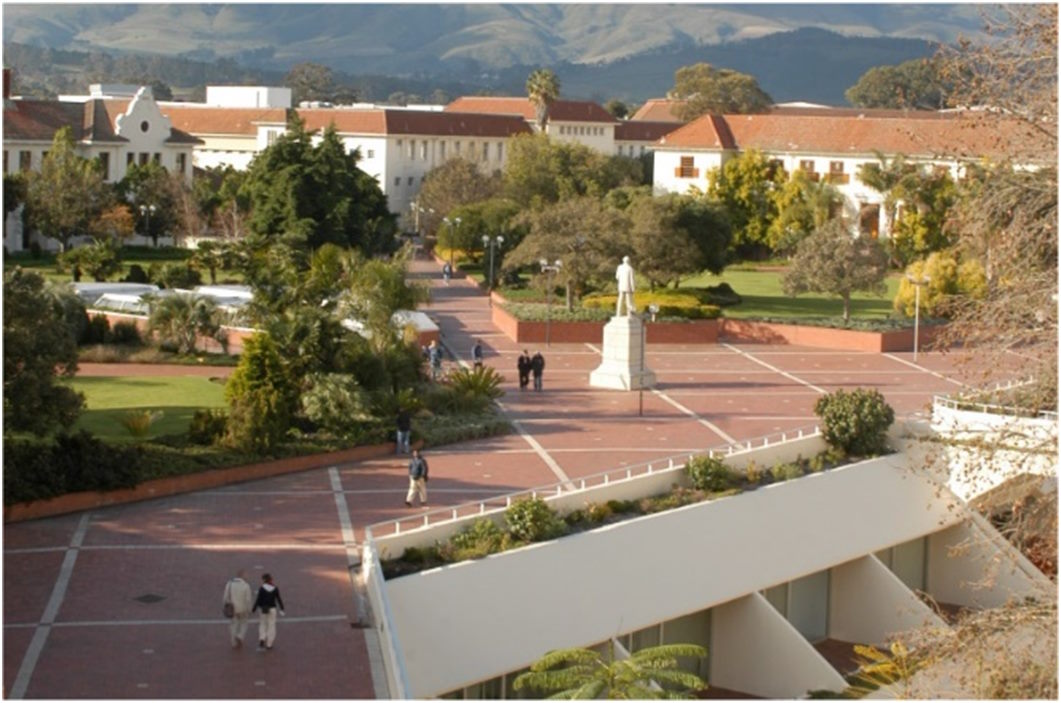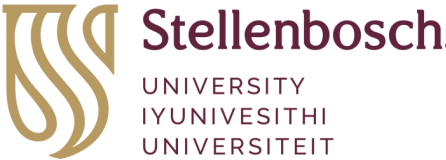What is fire safety engineering?
The Society for Fire Protection Engineers (SFPE) explains that the role of fire engineering professionals is to:
… identify risks related to fire and determine ways to reduce the risks as well as design ways for safeguarding against the wrath of fire. Through the application of science and engineering principles, the engineer can mitigate, detect, control, or suppress a fire… This includes analyzing fire hazards, mitigating fire through design and construction of buildings, examination of building uses and industrial processes, and design, installation and maintenance of fire detection and suppression systems. (SFPE: What is FPE?)
Hence, fire engineers are competent engineering professionals who use calculation and design principles to develop safe infrastructure (i.e. they aren’t supposed to be just the ‘dofokes’ who blindly follow code requirements). The SFPE has produced a guideline on core competency requirements of fire engineers (typically called fire protection engineers in the USA), which is shown in Figure 1. This figure highlights how the profession is undergirded by fire science but has significant application through fields such as fire protection systems (e.g. sprinklers and detection), fire protection analysis (e.g. performance-based design), and then human behaviour and evacuation during fire situations. These core competencies have formed the basis for the development of taught content at Stellenbosch University.

SFPE Core competencies of fire engineers
The students can find a job as fire safety engineer in the following sectors:
- in fire protection consultancy companies;
- in disaster risk management positions;
- in industries as a fire safety responsible person;
- in fire testinglaboratories;
- in research and educational institutions.
There is a current international shortage of fire safety engineers meaning that jobs are readily available.
What is the MEng and why Stellenbosch University?
South Africa, and most of the developing world, have been lagging behind in training fire specialists. Nowadays, engineers of all backgrounds (i.e., chemical, civil, electrical, mechanical) work as fire safety engineers. However, the majority of engineering students do not cover the necessary prerequisite fire safety content in their undergraduate degrees.This program will provide the knowledge needed to understand fire from a holistic point of view.
The Masters in Engineering is a structured, module-based hybrid online masters degree in fire safety engineering, specifically designed to prepare engineers of all disciplines to become fire safety engineers.
The curriculum covers multiple areas such as fire dynamics, risk analysis, passive- and active-fire protection, and human behaviour in fire. The program is industry-relevant and designed to suit the profile of full or part-time students, wherever in the world the student may be. The MEng programme is hosted in the Department of Civil Engineering.



Stellenbosch University is one of South Africa’s premier research universities with an enviable international reputation for academic excellence. It is located in the picturesque town of Stellenbosch in the heart of South Africa’s wine country, 50 km from Cape Town.
The Faculty of Engineering is one of the University’s flagship faculties and one of South Africa’s major producers of top-quality engineers and impactful research. It is home to 4000 engineering students. The faculty was established in 1944 and is housed in a large complex of buildings with modern facilities.
How is the programme delivered?
Online hybrid delivery
Practically the complete course and learning materials for the MEng degree are developed from the ground up to be delivered in an online, hybrid mode. For fire engineering courses you will only need to come to Stellenbosch for an intensive week to conduct fire experiments and practical sessions regarding fire safety systems. This will be a good opportunity to meet your classmates and lecturers.
The learning interactions for every module include the following modes:
- Approximately five days of contact time per module. Live, synchronous lectures.
- Pre-recorded (or live) lectures, accessed online at a time convenient for the student.
- Readings related to the lecture, available online.
- Tutorial sessions where questions can be answered.
What will I learn and what are the benefits for me and my employer?
- The Stellenbosch MEng is designed to give students the ability to understand fire safety from a holistic point of view, covering areas of study such as fire dynamics, risk analysis, passive- and active-fire protection, and human behaviour in fire. This will enhance the students’ engineering and scientific skills and knowledge. The degree is industry-relevant and focused on exposing students to the application of engineering methods to address real-world challenges.
- The curriculum is oriented to understand the fundamentals of fire science in order to help form engineers who will proactively contribute towards shaping a safer future rather than merely following codes requirements. An essential element of the learning experience is the cultivation of critical thinking, which will ensure that you remain relevant and competitive.
For the employer:
Employers are important partners in the student’s masters experience. They will benefit significantly from graduates who have developed a range of fire engineering skills and are ready to apply them in and add value to the company. Supporting a masters student with time to study and perhaps financial assistance is a smart investment in the acquisition, development and retention of human capital that will bring unbounded returns.
Why the the MEng(s) for me?
Are you interested on enhancing your engineering skills? Whether you recently graduated with an undergraduate degree in engineering or you have been working as a (fire safety) engineer, this degree may be what you are looking for to further develop your skills. In order to excel as a fire safety specialist, you need to have the ability to solve complex challenges that are impacted by the rapid-changing environment we are living in. You will need to be able to understand the fundamentals of fire science and apply state-of-the-art techniques to analyse and design.
Students from outside South Africa are very welcome to apply. The hybrid online delivery mode has been designed to facilitate your learning wherever you are. This program will open the doors to new possibilities, not only in your country but all over the world.
Admission requirements:
An undergraduate engineering degree (BEng / BSc) in engineering (e.g. civil, mechanical, electrical or chemical) with an average of 60% is typically required for admission. An ECSA-approved BTech with an average above 70% will be considered, possibly following additional studies.
Estimated tuition fees (2023 intake)
The tuition fees for the 2024 intake of the MEng(S) programme are estimated to be:
As a part-time masters degree, taken over three years of study:
- 4 modules in Year 1 (4 x 15 = 60 credits), 4 modules in Year 2 (4 x 15 = 60 credits) and a Research Assignment (60 credits) in Year 3
- Local students (Part-time) – Year 1: circa R66 000 Year 2: circa R52 000 Year 3: circa R27 000 Total cost: circa R145 000
- Note that completing the degree in 2 years may result in decreased costs relative to the details above.
- For foreign students international, the fees will vary depending on which country you come. Refer to the Postgraduate fees, generate a budget and consider the International Tuition and Registration Fees per year in addition to the estimates above.
The costs above are for budgetary purposes. An inflation increase of 8% pa is assumed.
Note: The estimated amounts above excludes the costs of any text books, but includes the costs for other study materials. After the third the year, it is necessary to reapply for admission to the programme.
Please also visit the University’s postgraduate website pertaining to fees: Postgraduate fees


